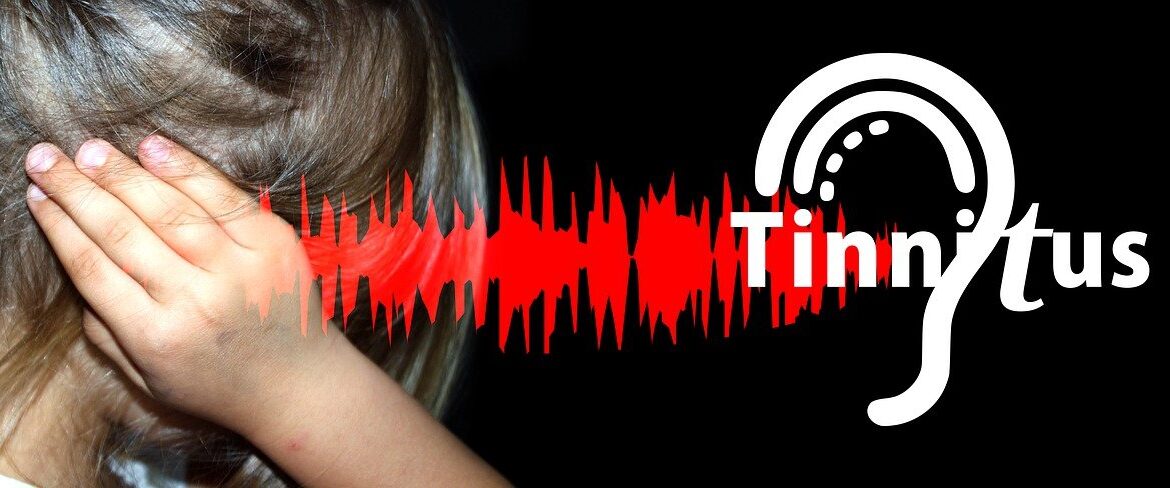The Centers for Disease Control reports that about 10 percent of the U.S. adult population (about 25 million Americans) experiences tinnitus. Tinnitus is a condition in which people hear noises, described as a ringing sound, a high-pitched tone, sometimes a humming, hissing, static or buzzing sound. These noises are not objectively present, and that is why we refer to the condition as subjective tinnitus. Other individuals cannot hear your tinnitus. In a similar fashion, you cannot hear other individual’s tinnitus.
The noise can vary quite a bit; It can vary in duration, from intermittent to constant. It can be present for a short interval of time, or can be present for many years. We do not always know why we get tinnitus, and why it started a given point in time. Sometimes the tinnitus can stop spontaneously, also for uncertain reasons. The majority of patients with tinnitus are able to ignore the noise, and not let it interfere with their lives. Occasionally, these sounds can affect a person’s quality of life, interfering with their ability to accomplish tasks, concentrate during conversations, or to fall asleep.
Tinnitus can be minimized by avoiding exposure to excessive or loud noise, using ear protection in situations where noise exposure is inevitable (concerts, sporting events), or by managing cerumen (earwax) buildup.
However, if you are already experiencing tinnitus, speaking with your Otolaryngologist (ENT) and Audiologist about the circumstances of your tinnitus can lead to treatment options, which will vary depending on the cause. Tinnitus can be associated with the following:
- Presbycusis (Age-Related Hearing Loss)
- Caffeine or Nicotine use
- Wax impaction
- Stress, Anxiety, and/or Depression
- Ear Infections
- Trauma to the ear
- Loud noise exposure
- Benign brain tumor
- Bruxism or teeth clenching
- Underlying medical conditions
- Certain medications
- Idiopathic (no known cause)
If caused by an underlying condition, treating the condition can potentially improve or resolve the tinnitus. Some may benefit from adopting changes to their lifestyle; reducing stress, dietary modifications, or implementing exercise habits. If tinnitus is a result of hearing loss, the use of hearing aids will not only improve the hearing loss, but will also lessen the phantom sounds of tinnitus.
Many people who experience hearing loss also experience tinnitus. Hearing aids can reduce the intensity and alleviate the symptoms of tinnitus by amplifying environment sounds and masking the bothersome tinnitus. Some hearing aids are designed with additional built-in masking features that emit a low-level white noise that can be recommended and programmed by your audiologist.


